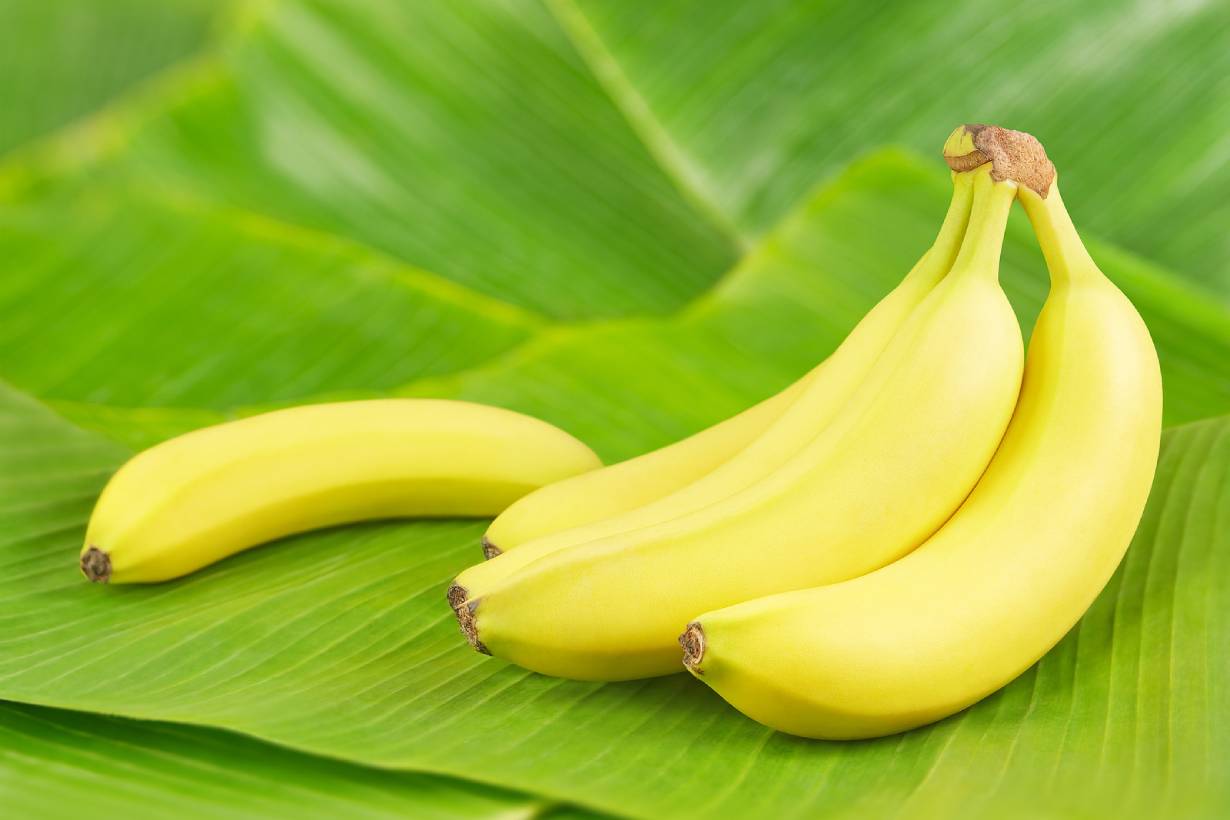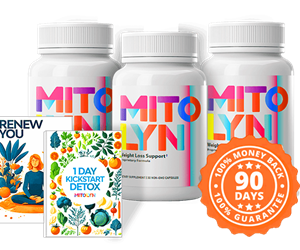
The question how many calories are in a banana is often asked by those who are mindful of their dietary intake. Bananas are one of the most popular fruits worldwide, not just for their taste but also for their versatility and health benefits. Whether enjoyed as a mid-morning snack, blending into smoothies, or a staple in baked goods, bananas have carved a niche in diets across the globe.
In this article, we will explore not only the caloric content of bananas but also their nutritional profile, health benefits, and how they can fit into a balanced diet.
The Nutritional Breakdown of Bananas
A medium-sized banana, which is about 7 to 8 inches long, typically contains around 105 calories. However, the exact calorie content can vary based on factors such as the size of the banana. Here’s a general breakdown of calories based on different sizes:
- Small (less than 6 inches): Approximately 90 calories
- Medium (7 to 8 inches): Approximately 105 calories
- Large (8 to 9 inches): Approximately 121 calories
- Extra-large (over 9 inches): Approximately 135 calories
In addition to calories, bananas are rich in various essential nutrients:
- Carbohydrates: About 27 grams in a medium banana, primarily in the form of sugar (14 grams) and dietary fiber (3 grams).
- Dietary Fiber: Bananas contribute about 3 grams of fiber, which is important for digestive health.
- Fat: Bananas are virtually fat-free.
- Protein: A medium banana contains about 1.3 grams of protein.
Moreover, bananas are an excellent source of vitamins and minerals, particularly potassium, vitamin C, vitamin B6, and manganese, making them a nutritious choice when assessing their caloric value.
The Role of Bananas in a Healthy Diet
Bananas serve as an energy-packed snack, especially when engaged in physical activities. The natural sugars (glucose, fructose, and sucrose) in bananas provide a quick energy boost, making them popular among athletes and those with an active lifestyle.
- Potassium powerhouse
One of the standout features of bananas is their potassium content. A medium banana contains about 422 mg of potassium, which is about 12% of the recommended daily intake for adults. Potassium is essential for maintaining optimal heart health, regulating blood pressure, and supporting proper muscle function. - Dietary fiber for digestive health
The fiber content in bananas aids in digestion. Dietary fiber can help regulate bowel movements and contribute to a healthy gut. Moreover, the soluble fiber in bananas can help slow digestion, making you feel fuller longer, which can assist in weight management. - Mood booster with tryptophan
Bananas contain tryptophan, an amino acid that the body converts into serotonin, often referred to as the “feel-good” hormone. Consuming bananas can help elevate mood and may even alleviate feelings of anxiety.
Incorporating Bananas Into Your Diet
Given their caloric value and nutrient density, bananas can be easily incorporated into your diet in various ways:
- Smoothies and breakfast bowls
Blend bananas with yogurt, spinach, or other fruits for a nutrient-dense smoothie. Adding bananas to breakfast bowls or oatmeal not only enhances the flavor but also boosts nutritional quality. - Healthy baking substitute
In baking, mashed bananas can serve as a substitute for sugar or fat, offering moisture and natural sweetness to baked goods while keeping the calorie count lower. Banana bread, muffins, and pancakes can become healthier by substituting some or all of the sugar with ripe bananas. - Pre-workout snack
A banana is ideal for a pre-workout snack due to its quick-release carbohydrates, providing a burst of energy without making you feel sluggish. - On-the-Go snack
For busy individuals, bananas are incredibly portable. They don’t require refrigeration and have a natural protective peel, making them a convenient option for a nutritious snack anytime, anywhere.
Are There Downsides to Eating Bananas?
While bananas are undeniably healthy, moderation is key, as with any food.
Caloric Density
Although relatively low in calories compared to many processed snacks, bananas can still contribute to your overall caloric intake, especially if consumed in large quantities throughout the day. Keeping track of portion sizes is crucial, particularly for those monitoring their weight.
High Sugar Content
Bananas can be relatively high in sugar, especially when fully ripe. Those with diabetes need to monitor their carb intake carefully and may want to combine bananas with a protein source (like nut butter or Greek yogurt) to mitigate spikes in blood sugar.
Allergies and Food Sensitivities
As with any food, some individuals may have allergies or sensitivities to bananas. If you experience gastrointestinal discomfort or allergic reactions after consuming them, consult with a healthcare professional for guidance.
At the End

So, how many calories are in a banana? On average, a medium banana contains about 105 calories, along with a host of vitamins, minerals, and dietary fiber. Bananas are a versatile, nutritious option that can easily fit into a balanced diet, providing energy, supporting digestive health, and lifting your mood.
Whether you enjoy them on their own, blent into smoothies, or woven into your favorite recipes, bananas are a delicious way to achieve your fitness and dietary goals. So next time you’re contemplating a snack, remember the humble banana—a powerhouse of nutrition waiting to energize your day.









